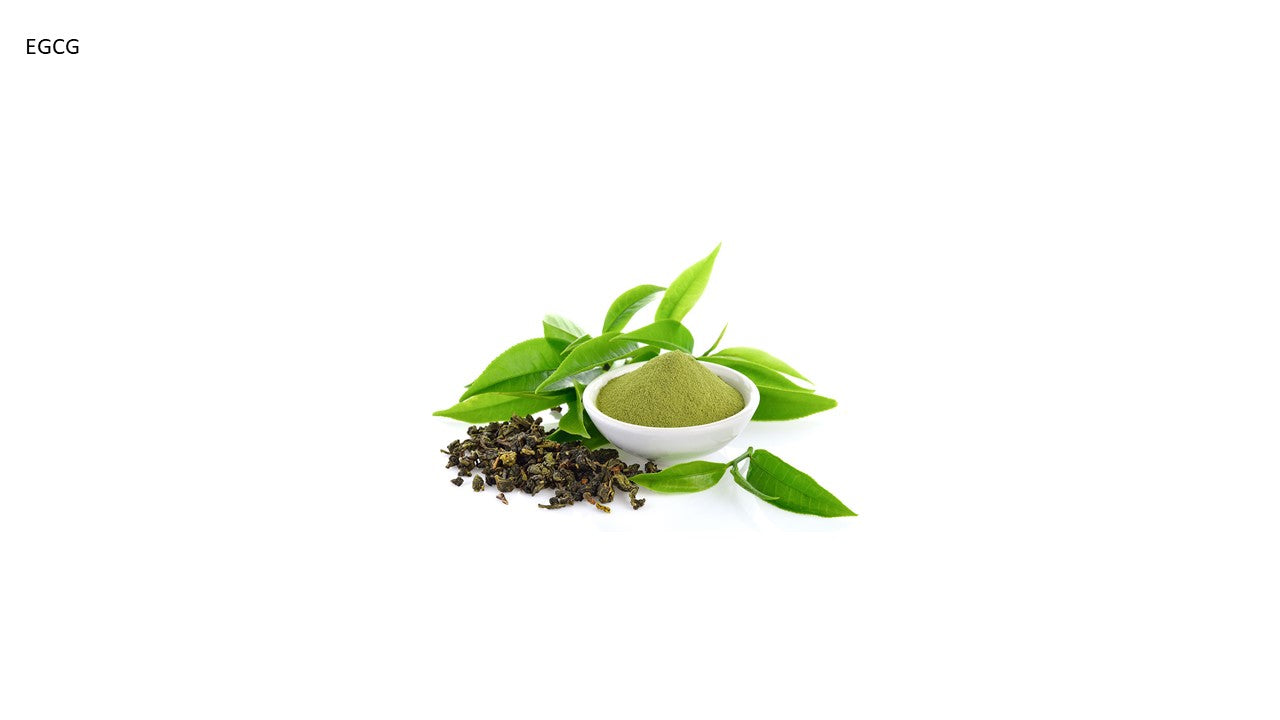
EGCG (Epigallocatechin gallate)
One of the most intensely researched natural active ingredients in skincare is epigallocatechin gallate (EGCG), a polyphenol compound present in (green) tea and some fruits, herbs and nuts.
A powerful antioxidant, EGCG effectively neutralizes free radicals, protects the skin from oxidative stress and reverses the damaging impact of UV radiation.
What is more, EGCG has been shown to promote tissue regeneration and stimulate collagen production, effects that make it helpful during wound healing and useful as an anti-ageing ingredient.
In the management of acne, EGCG can help prevent break-outs and scarring. Indeed, EGCG is a valuable ingredient for facial balms as it also may reduce dark spots and promote a more even skin tone.
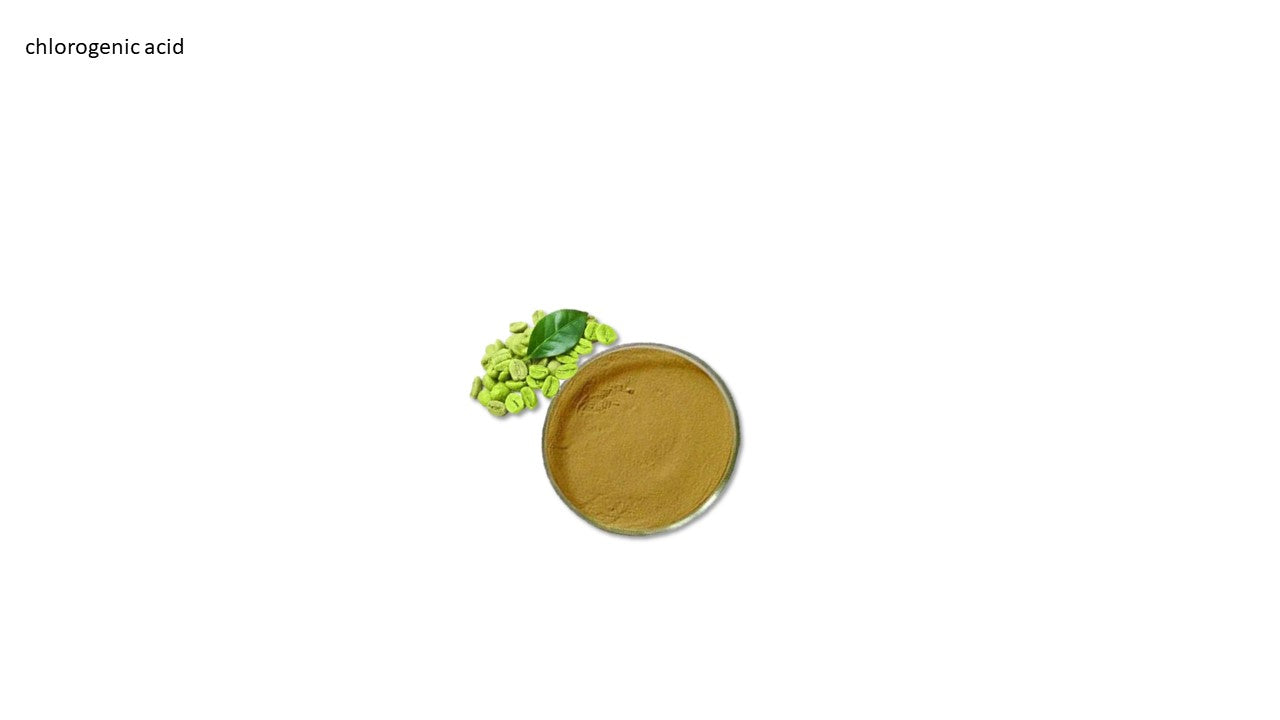
Chlorogenic Acid
Topical treatment with chlorogenic acid, which is found in various plant sources like coffee beans and green tea, leads to several interesting health benefits for the skin. It acts as an antioxidant, helping to neutralize harmful free radicals that can damage skin cells and accelerate the aging process. Besides, it shows anti-inflammatory effects, which can be beneficial for soothing irritated or inflamed skin conditions, such as acne or eczema.
It has been reported to stimulate collagen production, which is essential for maintaining skin's elasticity and reducing the appearance of wrinkles and it notably absorbs UV radiation (mostly UV-B).
Finally, topical chlorogenic acid has shown potential in aiding the healing of wounds and promoting tissue repair.
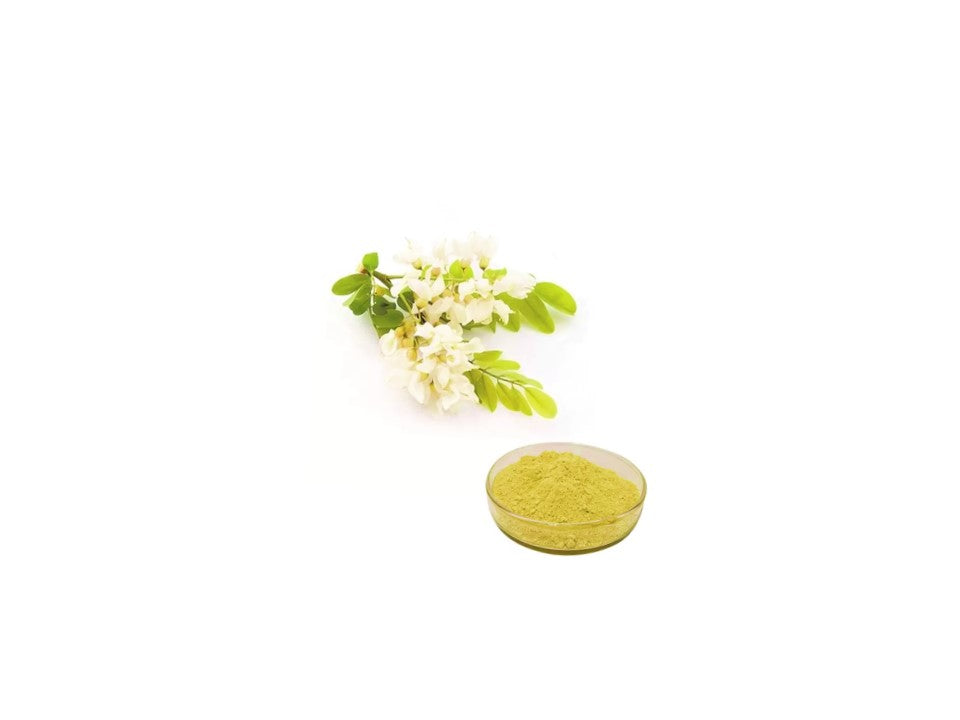
Quercetin
Quercetin is a well-studied natural flavonoid found in various fruits and vegetables as it appears to offer several skin benefits.
Quercetin possesses potent antioxidant properties, which help protect the skin from oxidative stress caused by free radicals. It has also been shown to provide protection against the harmful effects of UV radiation, including sunburn and UV-induced skin damage.
Quercetin has anti-inflammatory properties, soothing irritated skin and reducing redness associated with conditions like acne or eczema. It can stimulate collagen production, enhancing skin elasticity and firmness, leading to a more youthful appearance.
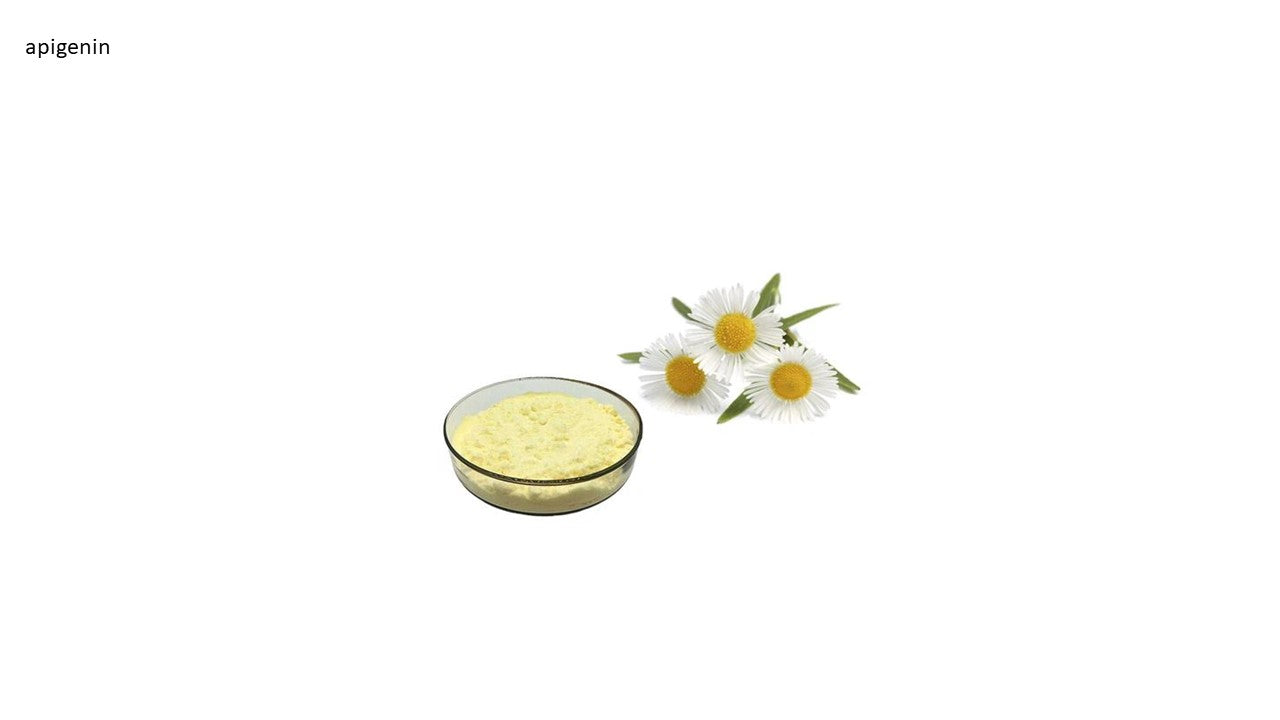
Apigenin
Apigenin is a well-known bioactive flavonoid found in various herbs extracts but most notably in chamomile. It offers a multitude of skin benefits when applied topically.
Apigenin's anti-inflammatory qualities make it effective in calming irritated skin, managing conditions like rash or redness. Interestingly, it also exhibits antimicrobial and especially also antifungal properties, assisting in the prevention and treatment of bacterial and fungal skin infections.
All in all these effects make apigenin a valuable ingredient in skincare products aimed at maintaining healthy, youthful, and infection-free skin.
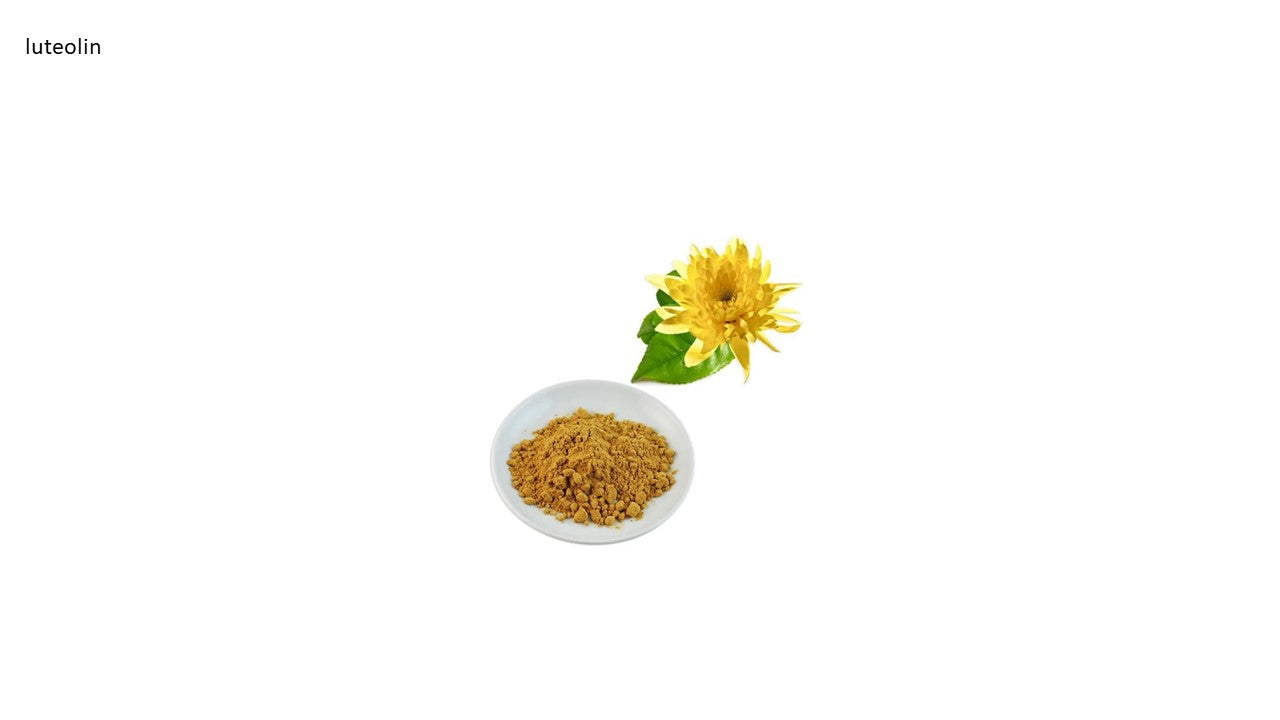
Luteolin
Luteolin, a flavonoid found in various fruits, vegetables and most notably in flowers, has been studied for its broad bioactivity profile with interesting effects when applied on the skin.
Luteolin absorbs UV radiation (mostly UV-A) and seems to play a role in protecting plants and flowers from harmful UV effects. It also effectively modulates inflammation signaling pathways in the skin and has antimicrobial properties.
All in all, these effects make luteolin a primary ingredient in skincare products aimed to protect and restore exposed skin.
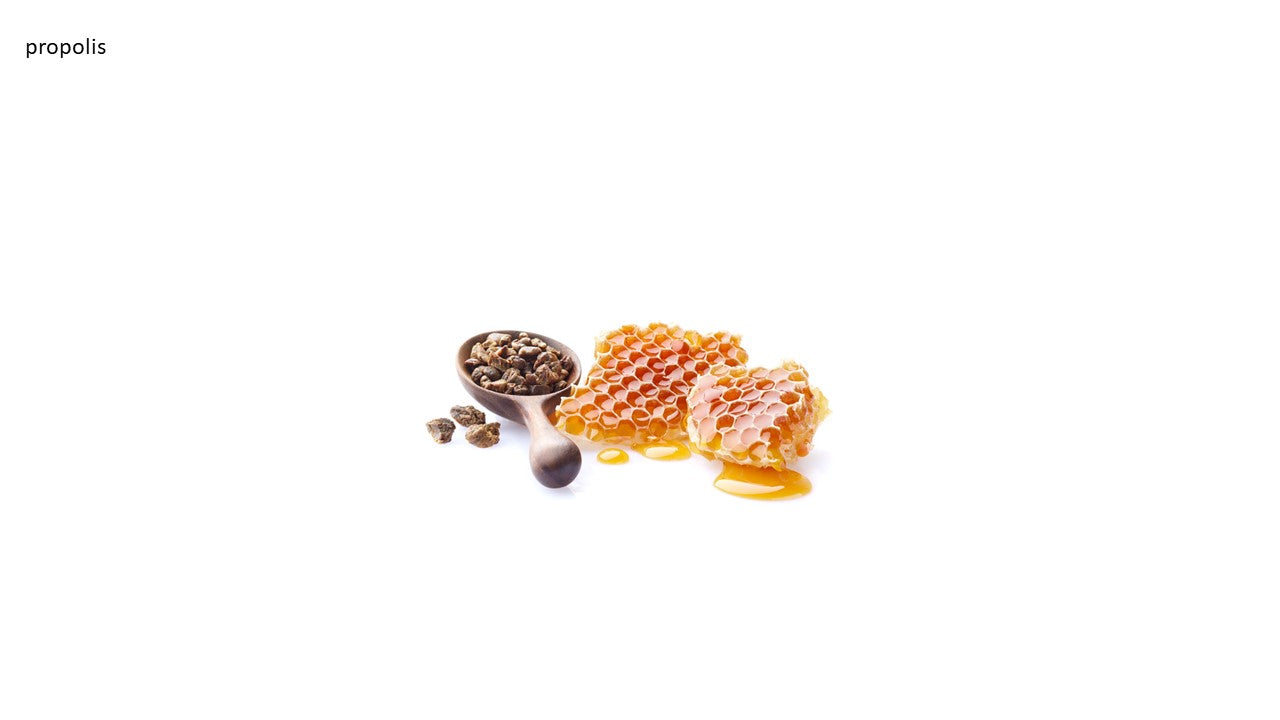
Propolis
Propolis is a natural bioactive resin produced by bees. Essentially a mixture of several active ingredients, propolis has anti-inflammatory and antibiotic properties, promotes re-epithelization, and stimulates skin regeneration. Studies have found that the topical application of propolis on damaged skin can offer protection against infection caused by bacteria and other microbes.
Propolis can reportedly also soothe inflammation and pain, and can help speed up skin regeneration. The substance appears to have potential for the development of new therapeutic approaches to treat skin ulcers.
Finally, propolis has a distinct agreeable fragrance that further makes it a valuable additive in skincare.
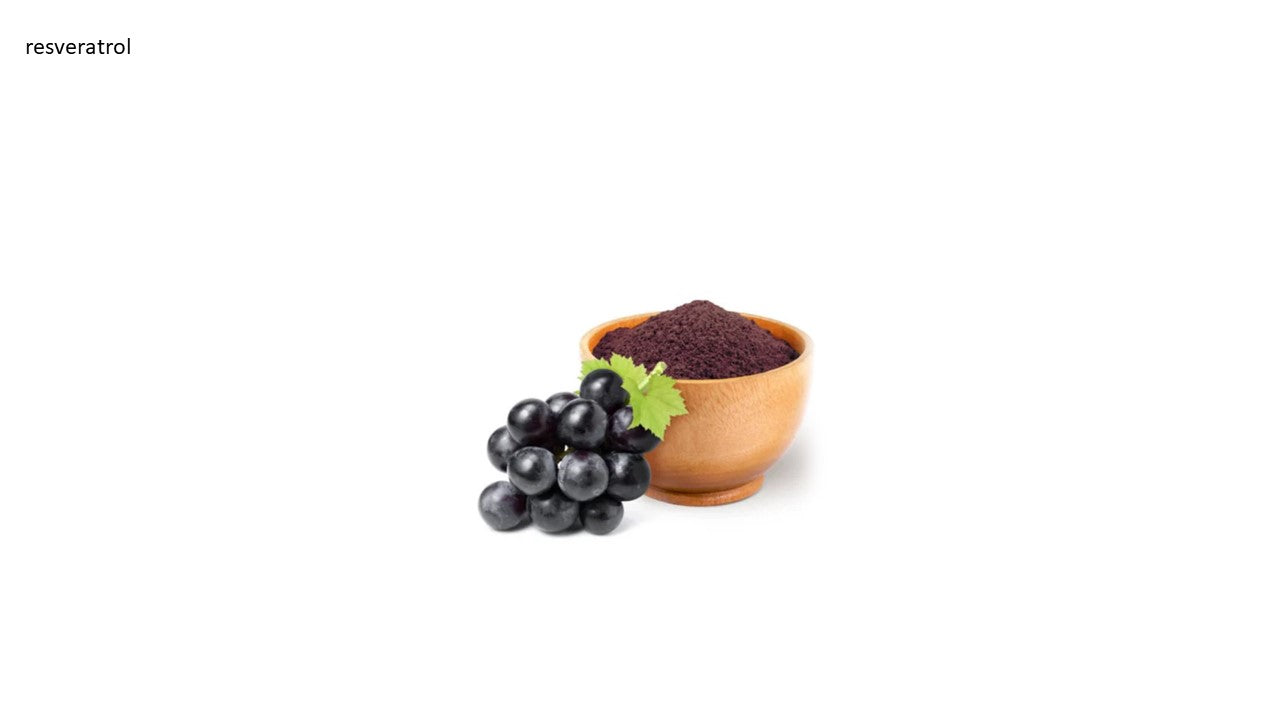
Resveratrol
Resveratrol is a well-studied natural bioactive ingredient found in red grapes, certain berries, and wine. A range of beneficial effects have been reported when applied topically on the skin.
Resveratrol is best known for its antioxidant properties, which can help protect the skin from oxidative stress caused by free radicals. This may reduce premature ageing and help maintain a youthful appearance.
Resveratrol is also known for its anti-inflammatory and healing properties and can aid in restoring lesions and damaged skin. Indeed, some studies report enhanced collagen production, which is essential for maintaining skin elasticity and reducing the appearance of wrinkles.
Resveratrol also absorbs UV radiation, most notably UV-B and can reduce the damage caused by UV rays.
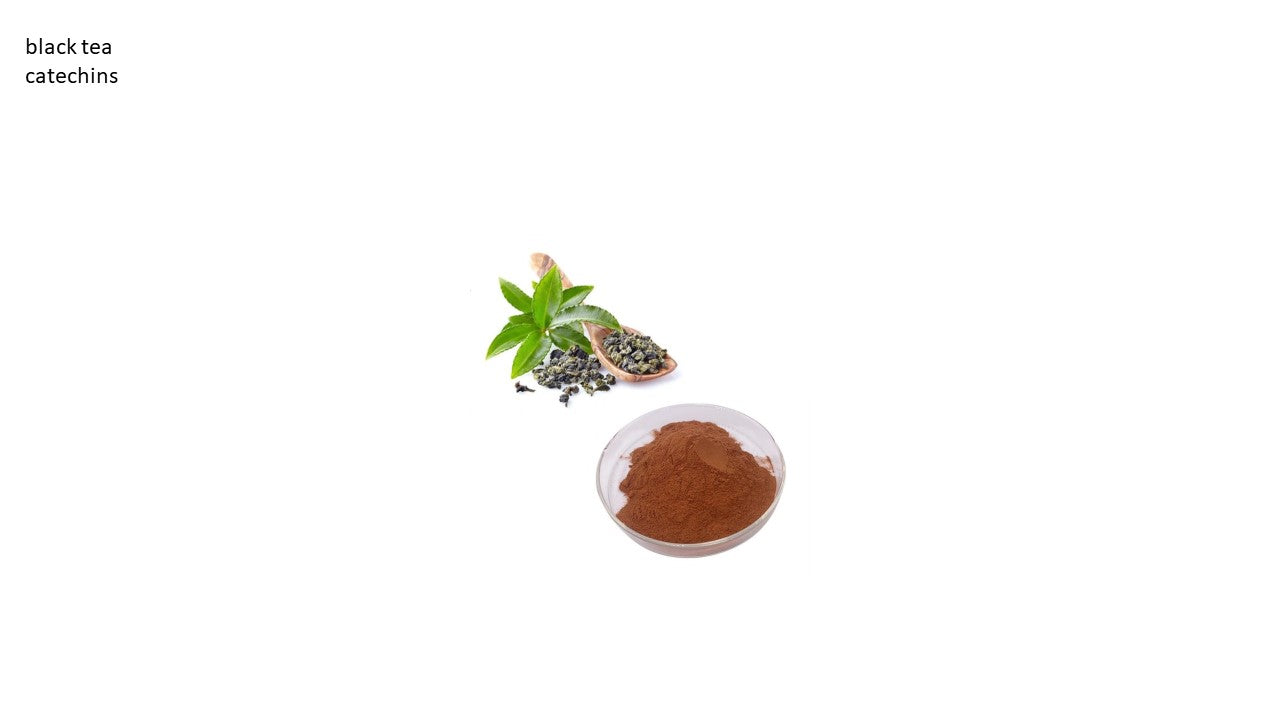
Black tea catechins
Black tea extract, rich in so-called catechins, has been used in skincare products since ages. When topically applied, black tea extract protects the skin against UV-B induced skin damage, it firms the skin, helps fade blemishes, reduces pigmentation, soothes inflammation, promotes collagen production, and prevents premature aging.
Black tea catechins can also help to heal minor abrasions, small wounds, acne, rashes, and inflammatory skin conditions.
The specific catechins found in black tea have been suggested as a potential treatment for various skin disorders, but further research is needed to single out the beneficial effects of each of the different catechins and to see which ones are the most effective.
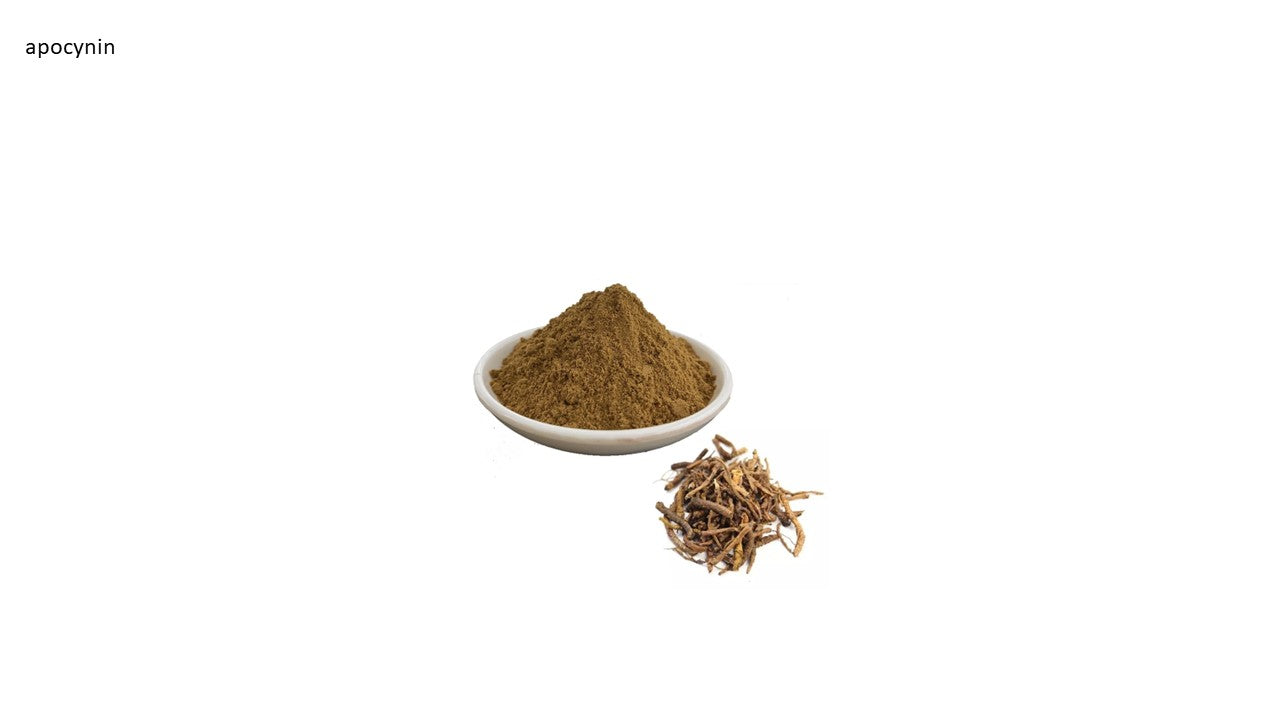
Apocynin
Apocynin is a natural ingredient derived from the roots of certain medicinal plants and has recently received the spot light for its potential efficacy in collagen matrix support when topically applied to the skin.
Apocynin is also shown to possess strong antioxidant activity as well as anti-inflammatory properties, potentially mitigating premature collagen breakdown.
Apocynin could well become one of those top ingredients in natural skincare products, especially when addressing the more mature and exposed skin. While more research is needed to elucidate the pathways by which it exerts its bioactivity, the substance now firmly claims a position in any natural skincare formulary.
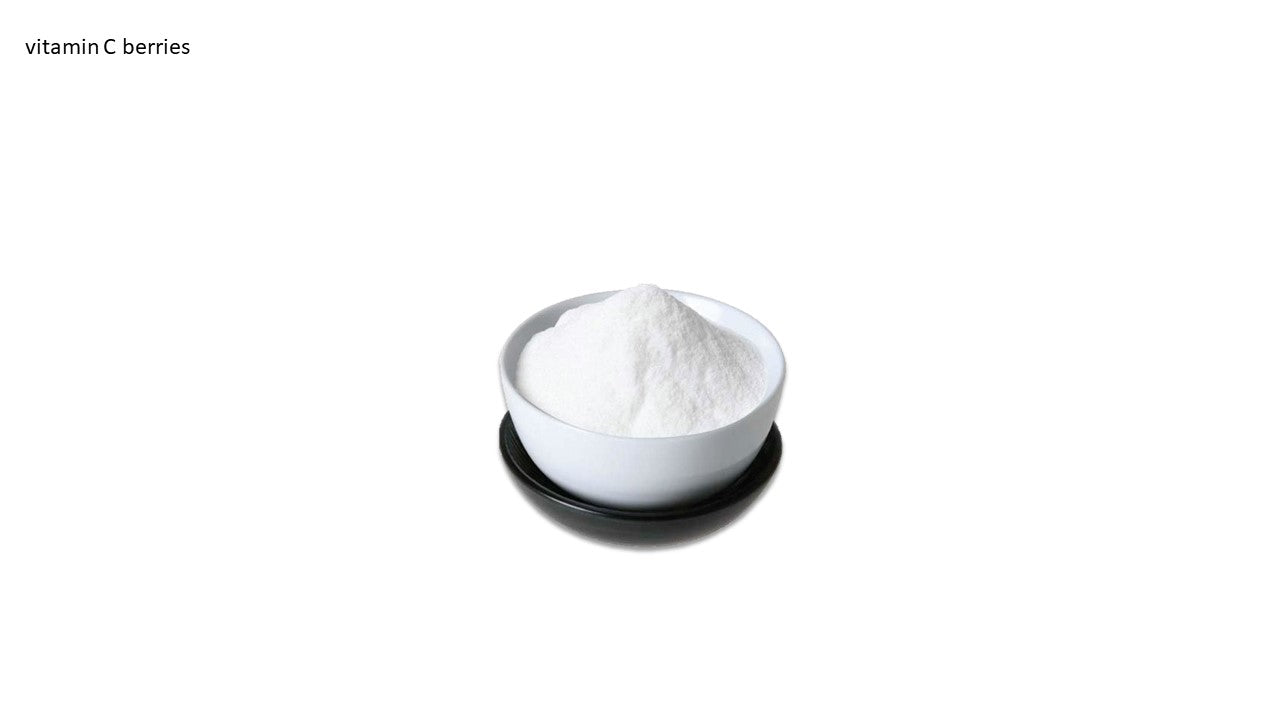
Ascorbic acid (vitamin C)
Topically applied ascorbic acid, which is more popularly known as vitamin C, is associated with numerous skin benefits. it is a powerful antioxidant that helps protect the skin from free radicals, which can cause premature aging and damage. It is also well known that it can stimulate collagen synthesis, a protein crucial for maintaining skin's elasticity and firmness.
Ascorbic acid can lighten dark spots and uneven skin tone, promoting a more even complexion. It also offers protection against UV damage, reducing the risk of sunspots and sunburn.
Finally, ascorbic acid can accelerate the skin's natural healing processes, aiding in the repair of damaged skin and providing fast restoration of the natural appearance of the skin upon the resolution of acne.
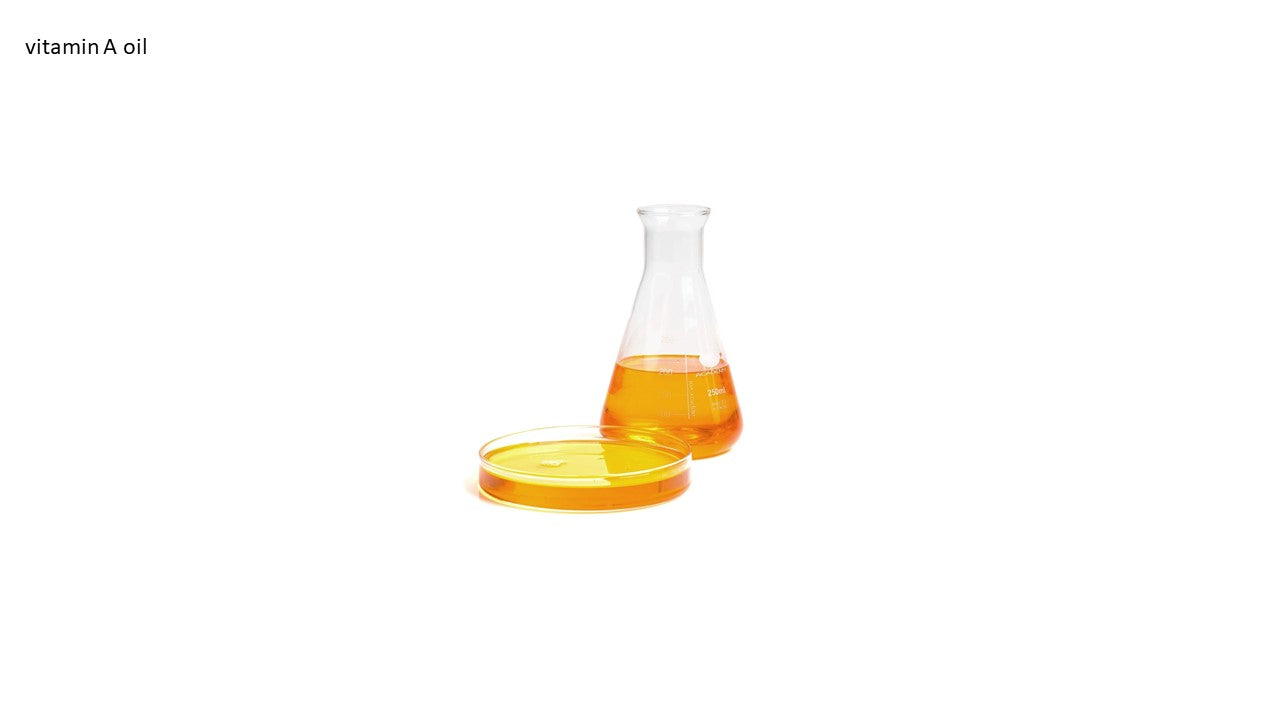
Retinyl palmitate (vitamin A)
Vitamin A is a well-known ingredient in skincare for its ability to promote skin renewal and combat signs of aging. It supports collagen production, reducing the appearance of fine lines and wrinkles, while also regulating oil production to prevent breakouts.
Retinyl palmitate is a specific vitamin A derivative, often chosen for its gentler nature compared to other retinoids (forms of vitamin A), making it suitable for those with sensitive skin.
Its gentle safety profile makes retinyl palmitate an effective choice for improving skin texture and tone without the potential irritation associated with more potent retinoids.
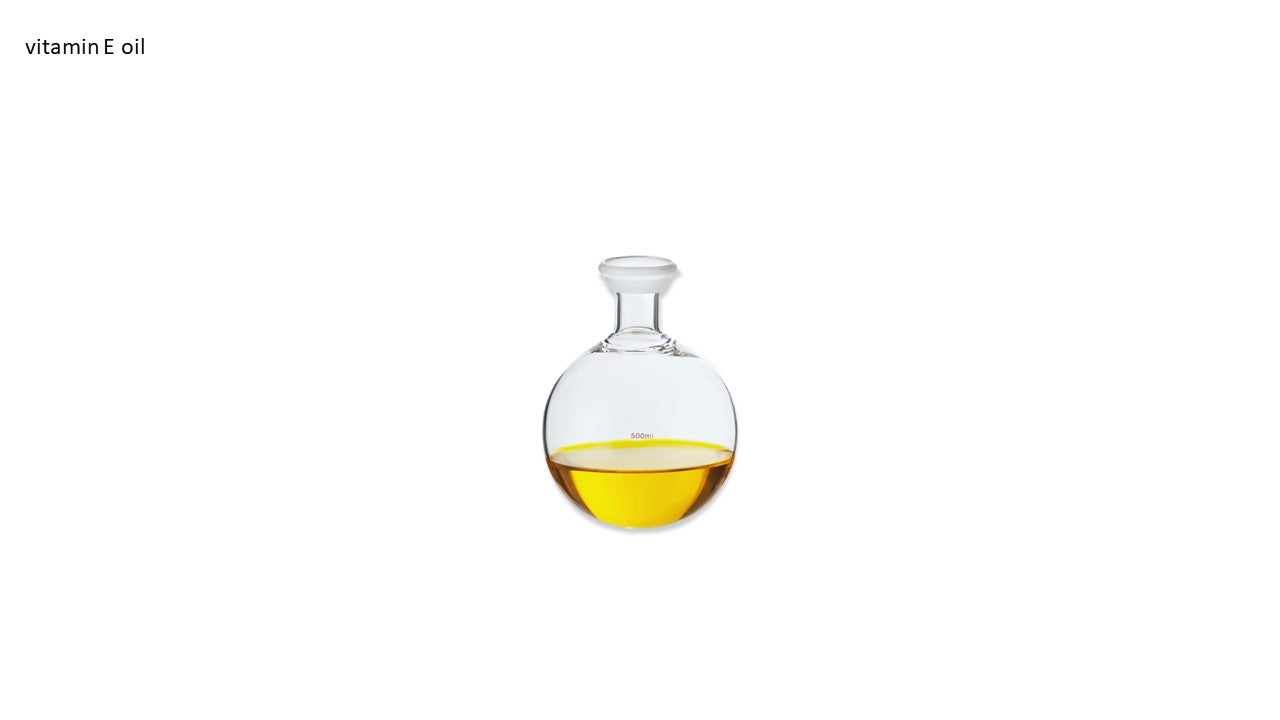
Tocopherol (Vitamin E)
Vitamin E, or tocopherol, is a potent antioxidant widely used in skincare products for its wide array of benefits. It helps neutralize free radicals, protecting the skin from environmental damage and premature aging.
Vitamin E is renowned for its moisturizing properties, promoting skin hydration and reducing the appearance of dryness and fine lines.
Finally, it supports skin healing and may contribute to a more radiant complexion, making it a valuable ingredient for overall skin health.
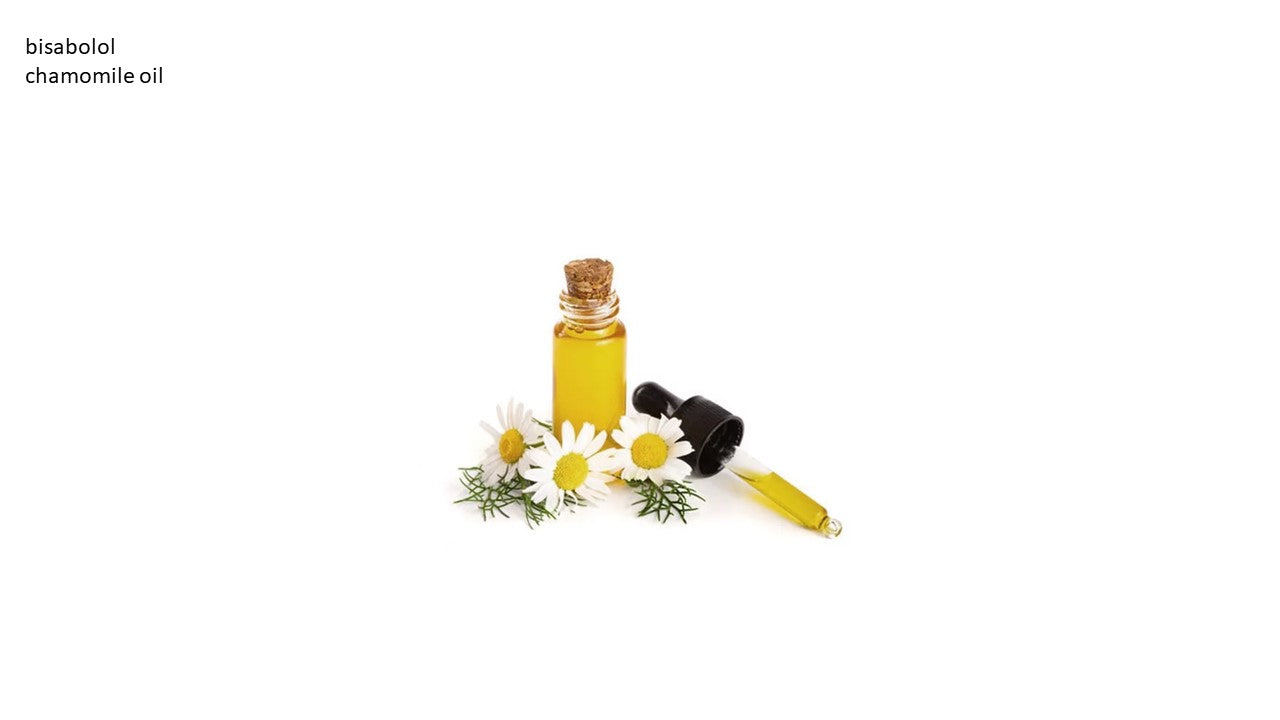
Bisabolol
Bisabolol, a so-called ‘terpene’ is a natural health ingredient derived from chamomile and other related herbs. It offers a range of notable health benefits when applied to the skin.
Firstly, it possesses anti-inflammatory properties, helping to soothe and calm irritated skin. Its anti-irritant and anti-allergenic characteristics make it particularly beneficial for individuals with sensitive skin, reducing redness and discomfort.
Additionally, bisabolol has proven antimicrobial properties, contributing to the prevention of skin infections and promoting overall skin health. Furthermore, its skin-penetrating capabilities enable deep moisturization, enhancing the skin's hydration and suppleness.
Lastly, bisabolol's gentle nature and agreeable scent make it a valuable ingredient in every skincare product aimed at promoting general skin well-being.
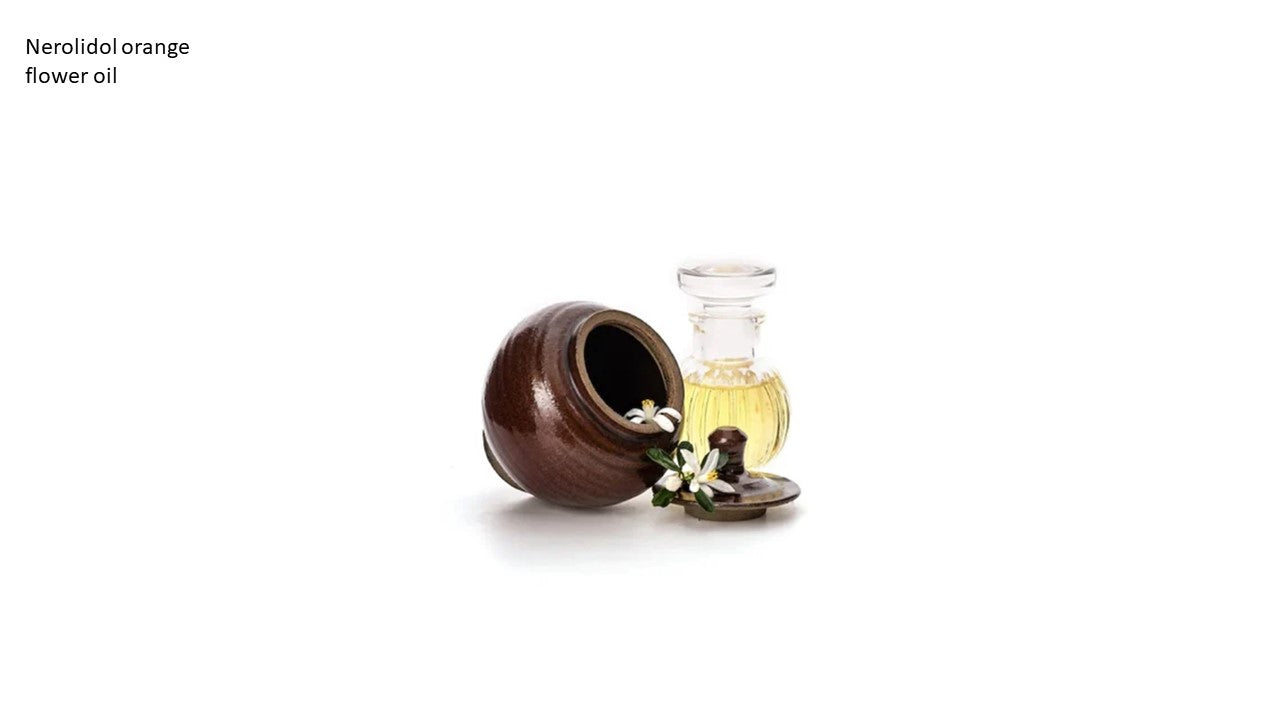
Nerolidol
Nerolidol is a natural terpene found in essential oils such as neroli (orange blossom), ginger, and jasmine. It boasts several beneficial effects when incorporated into skincare products.
Among the benefits are a specific activity against microbes, most notably viruses, but also against fungi. Additionally, nerolidol has demonstrated anti-inflammatory characteristics, making it suitable for soothing irritated skin and reducing redness.
Its ability to enhance skin penetration facilitates the absorption of other beneficial ingredients, amplifying the overall efficacy of skincare formulations.
All in all, nerolidol is an excellent and well-tolerated ingredient to formulate with in skincare products.
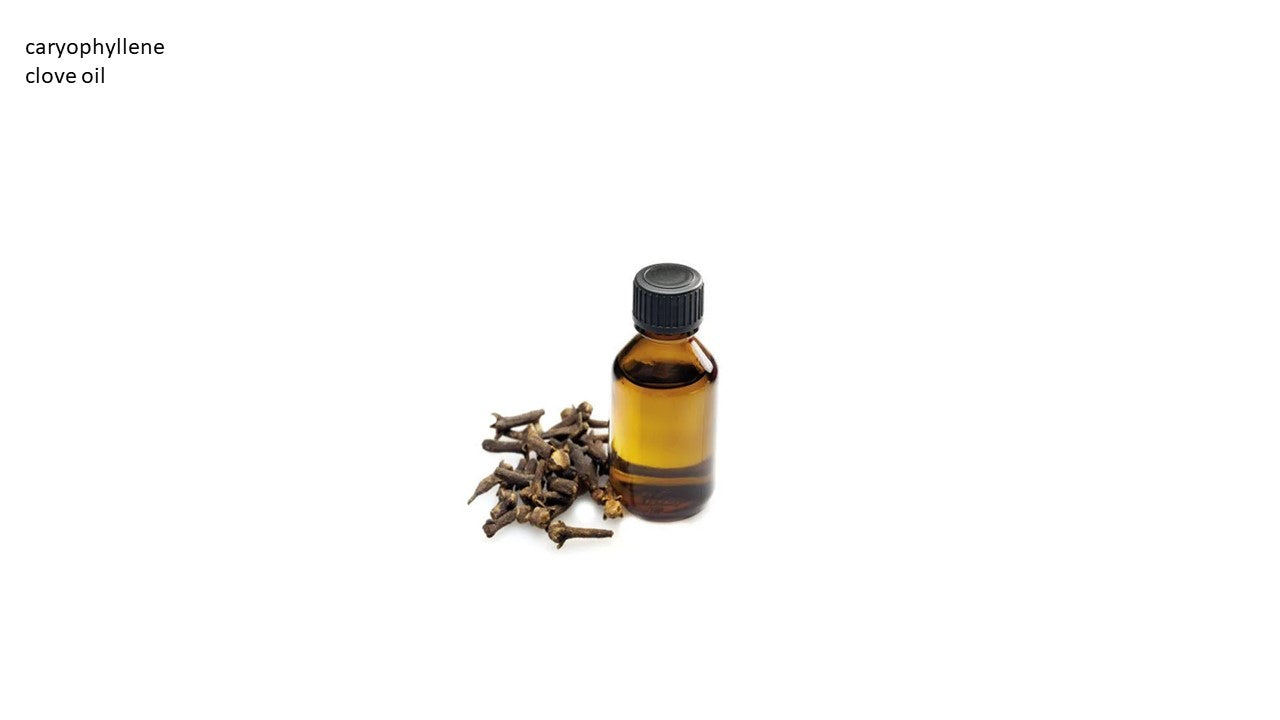
Beta-caryophyllene
Another remarkable natural terpene, beta-caryophyllene is best known for its anti-inflammatory properties. A key health ingredient from black pepper and cloves, beta-caryophyllene helps alleviate skin redness and irritation, making it beneficial for individuals with sensitive or reactive skin.
Its unique ability to interact with the endocannabinoid system in the skin may also provide calming effects, promoting overall skin balance and wellness.
As a versatile ingredient, beta-caryophyllene contributes to a comprehensive approach to skincare, addressing both soothing and protective aspects for healthier and more resilient skin.
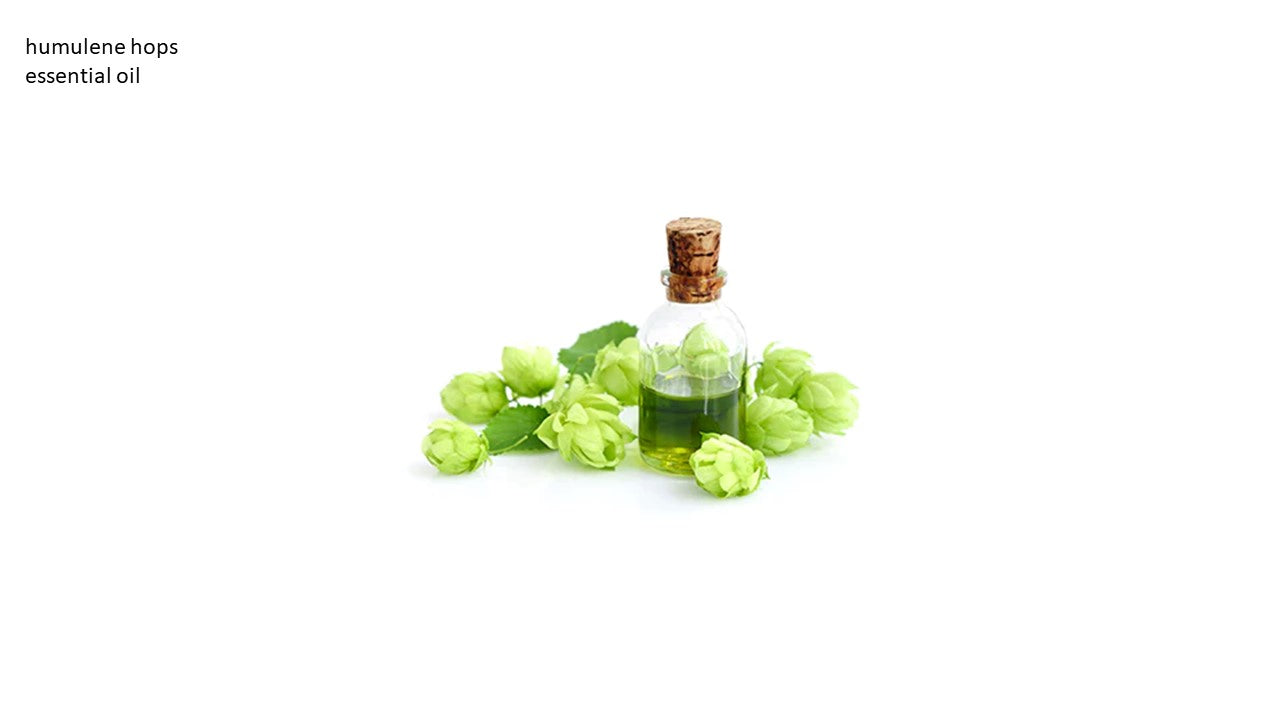
Humulene
Chemically quite similar to beta-caryophyllene but with a different scent, humulene is a terpene that is more abundant in hops, basil, and sage. It has a slightly different profile of skin benefits.
While it has notable anti-inflammatory properties, calming irritated skin and reducing redness, humulene additionally shows distinct antimicrobial effects, aiding in the prevention of skin infections and promoting overall skin health.
Indeed a multifaceted ingredient, humulene contributes to natural skincare formulations by addressing several skin health concerns at once.
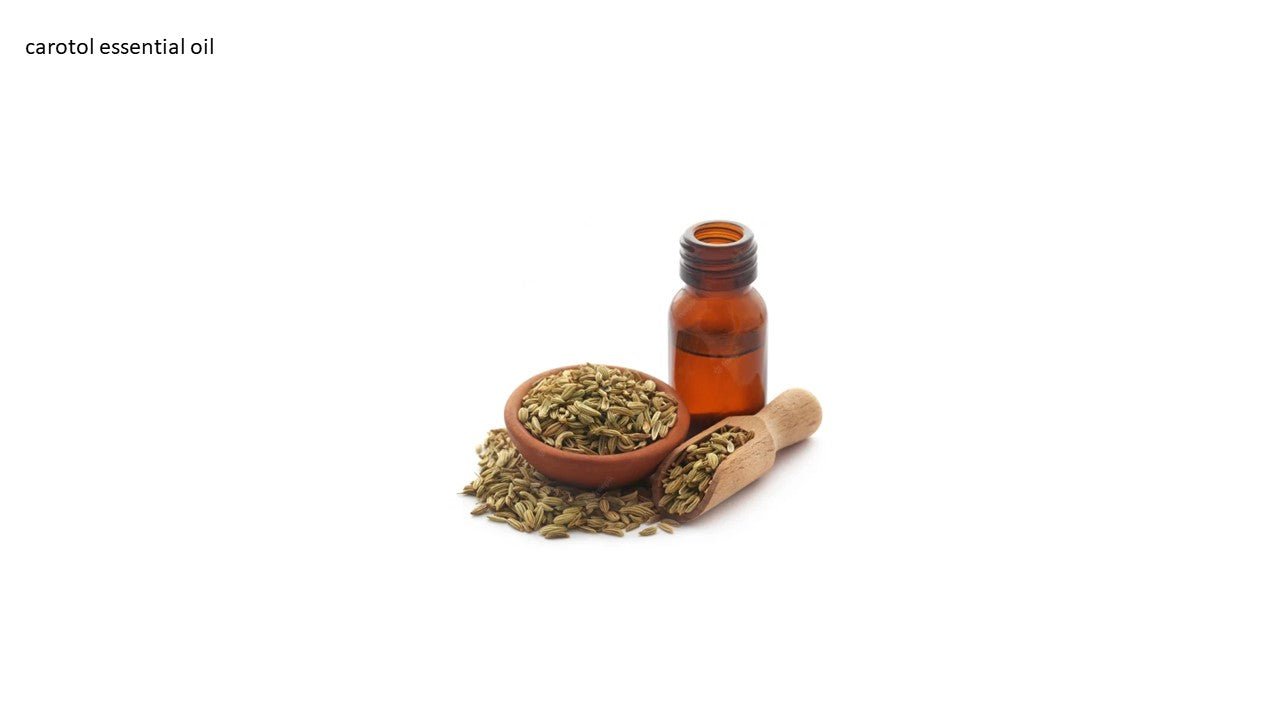
Carotol
Carotol is a very special natural bioactive terpene found in high concentrations in carrot seed essential oil.
Carotol particularly stands our for its efficacy against dermatophytes on the feet, which are the fungi responsible for "athlete’s foot", but also against fungal infections at other places on the body, alleviating itching, redness, and discomfort.
Furthermore, carotol has a notable effect in repelling insects, preventing and alleviating skin reactions against bites. Its moisturizing attributes assist in preventing dryness and cracking, fostering a skin environment less reactive and less sensitive to external triggers and disturbances.
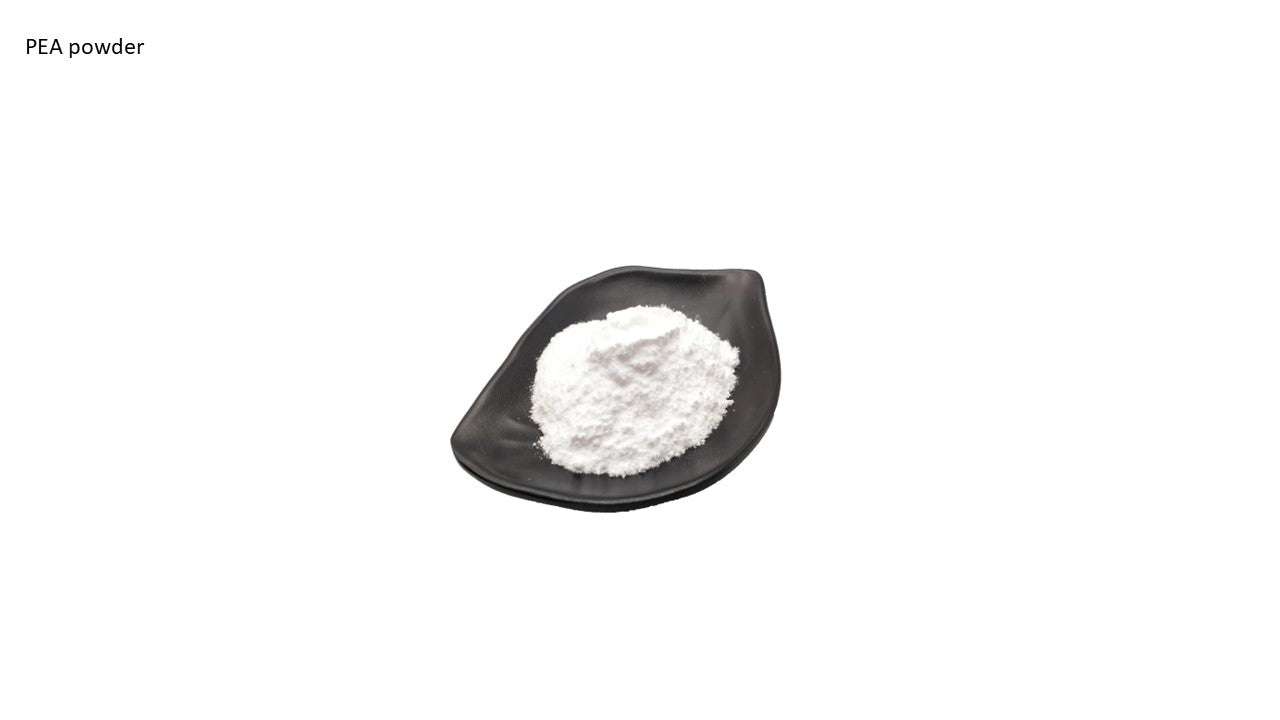
Palmitoylethanolamide (PEA)
Palmitoylethanolamide (PEA) has garnered recent attention for its potential efficacy against atopic dermatitis (eczema) when applied topically.
PEA is a naturally occurring fatty acid amide, reported to exert anti-inflammatory effects by modulating the so-called endocannabinoid system. Applied in a skincare product it shows promise as new path to relief for individuals with inflammatory skin disorders.
PEA's purported ability to inhibit the release of inflammatory mediators may help reduce itching, redness, and other manifestations associated with eczema. Additionally, its reported capability to promote skin barrier function may contribute to long-term management and prevention of flare-ups.
Though further research is needed to establish its mechanism of action, PEA is certainly an ingredient to keep an eye on in any formulary of natural active ingredients.
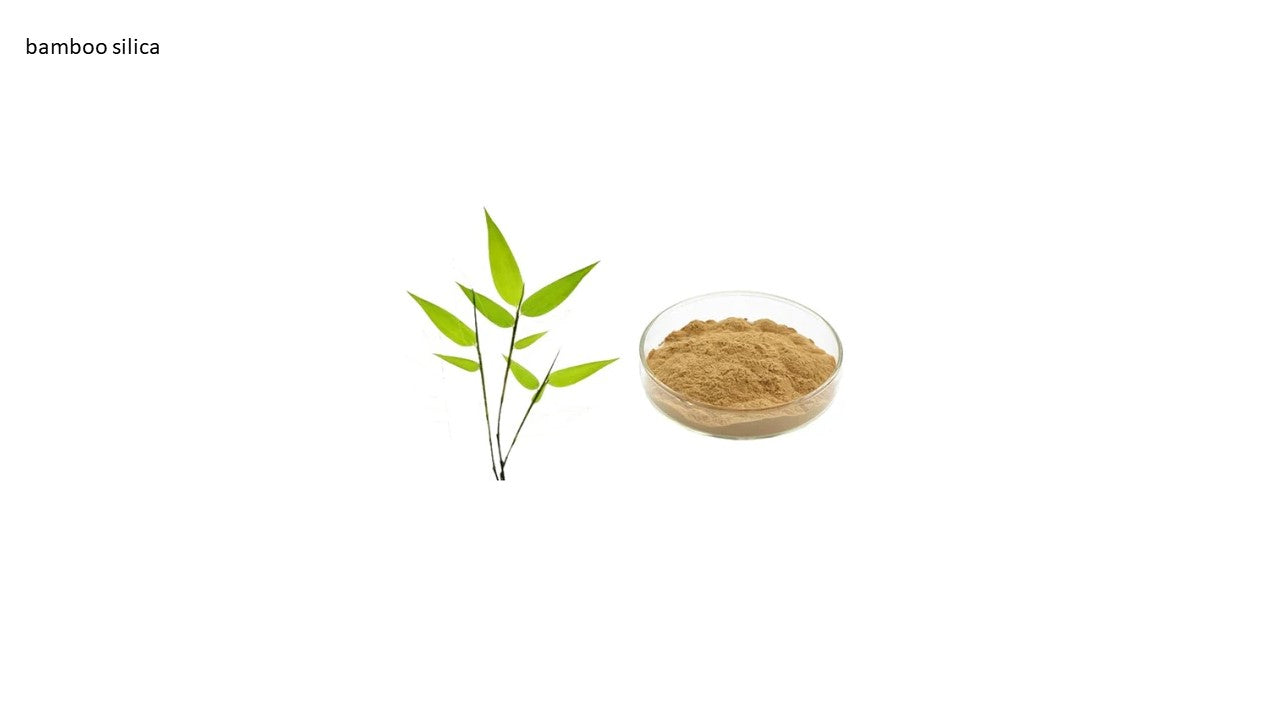
(Dioleyl tocopheryl) methylsilanol
Lipophilic stabilized orthosilicic acid is a form of natural silicic acid that is optimally bioavailable for activity in the skin. Silicic acid is a key substance needed to support the skin, as it is involved in the cross-linking of collagen fibers.
As such, stabilized silicic acid can enhance the skin's elasticity, which on its turn may contribute to a more youthful appearance and help reduce the visibility of fine lines and wrinkles.
In this context, orthosilicic acid excellently fits into products that restore and rejuvenate mature and exposed skin solely based on nature-derived health ingredients.
